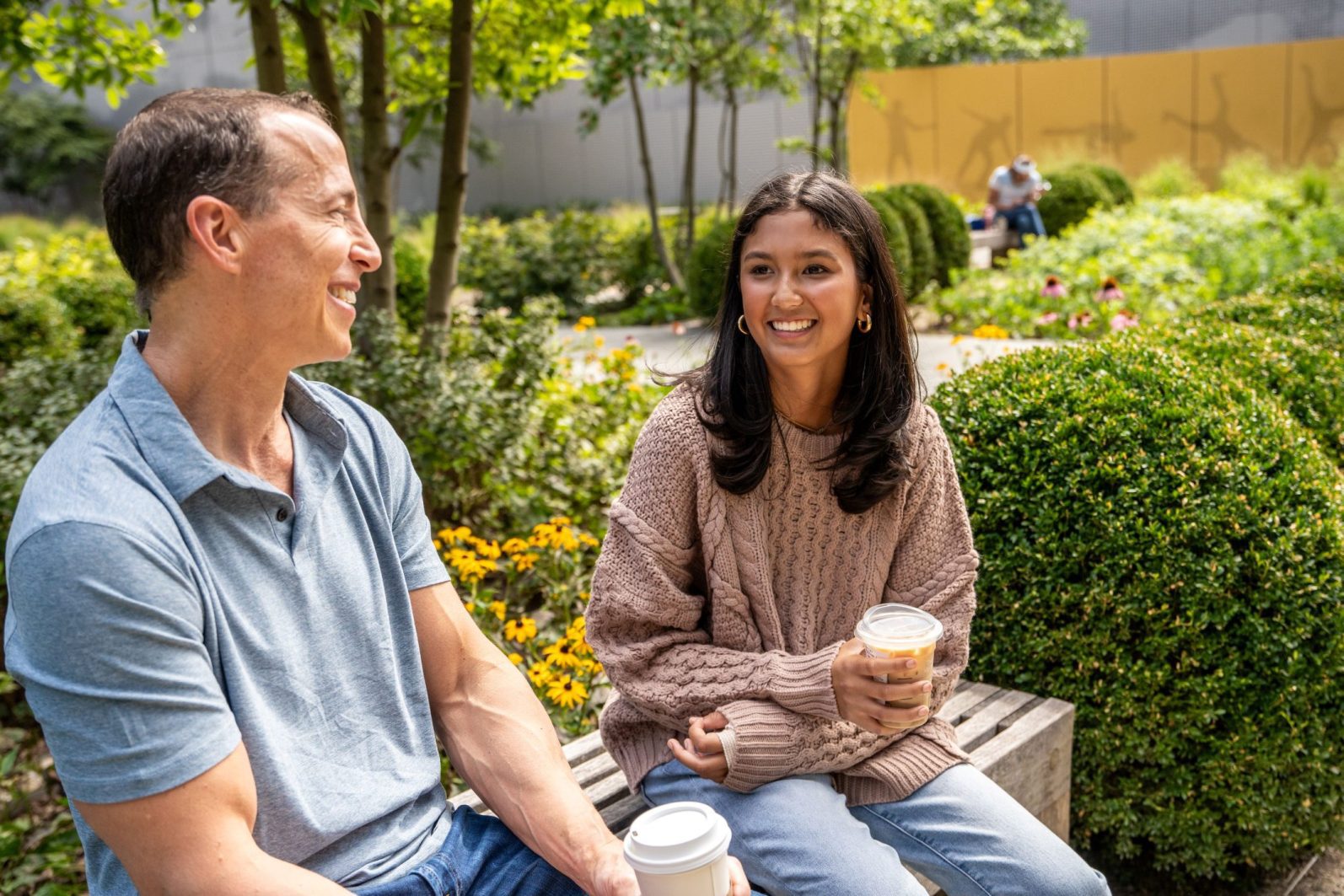
The SHOOK Impact:Providing life-saving treatments for kids with cancer
The generosity of SHOOK donors through the Forbes|SHOOK Top Advisor Summit has funded multiple major clinical trials, significantly advancing childhood cancer research and paving the way for new, personalized treatments for many children with rare cancers.
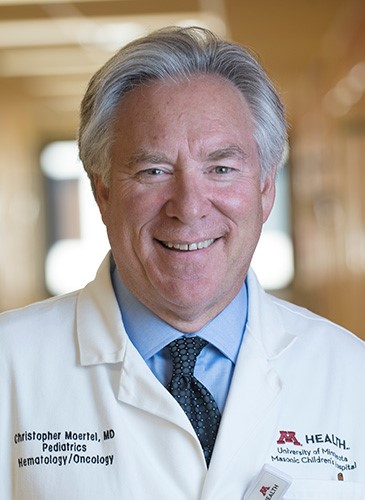
Promising Treatment for Rare Pediatric Brain Cancers
Diffuse intrinsic pontine glioma (DIPG) and diffuse midline glioma (DMG) are aggressive childhood brain tumors with extremely limited treatment options. Most children diagnosed survive only 9–13 months. With SHOOK funding, a new clinical trial at Children's Minnesota, led by pediatric neuro-oncologist Dr. Christopher Moertel and associate professor of pediatric hematology-oncology Dr. Michael Olin, is changing that.
Innovative Immunotherapy Approach
Dr. Olin discovered that brain tumors produce a protein shield that blocks the immune system from attacking them. He developed a molecule that breaks down this barrier, enabling the body's immune cells to recognize and fight the cancer.
This molecule is now part of a novel treatment combination being tested in a groundbreaking clinical trial.
Long-Term Investment, Big Impact
This innovative therapy is the result of nearly 20 years of research, catalyzed at a critical moment by funding from the SHOOK Research community. The long-standing partnership between CCRF and Drs. Moertel and Olin at the University of Minnesota has been essential in driving progress on rare pediatric brain cancers.
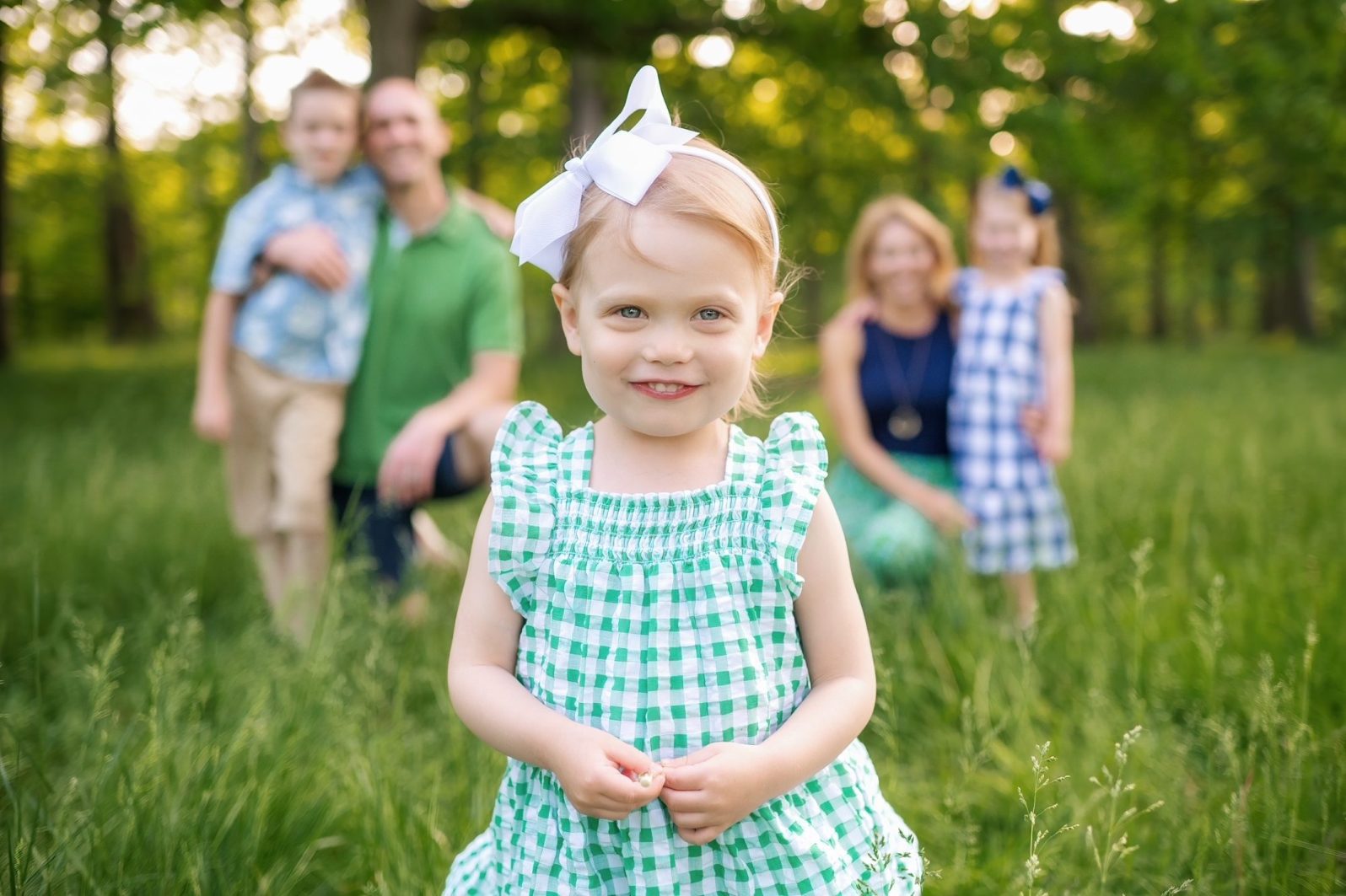
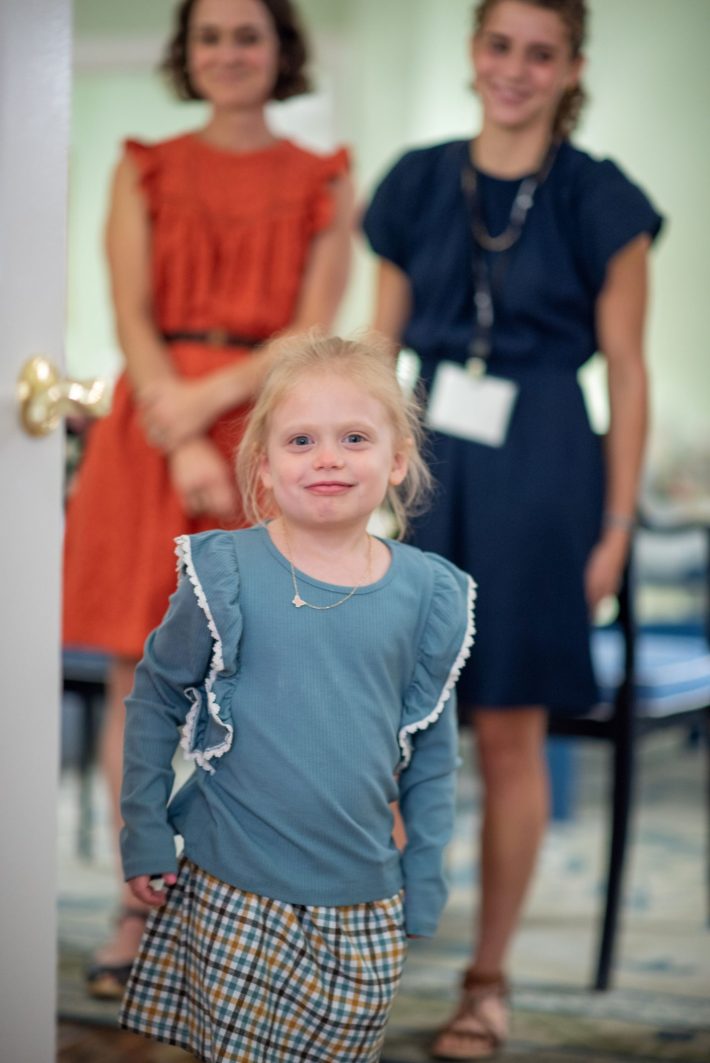
Treating a rare and deadly type of leukemia without chemotherapy
While most cases of leukemia in children and teens are acute lymphoblastic leukemia (ALL) – a cancer with a 90% survival rate – about 20% are AML, a cancer that affects the myeloid cells in the bone marrow and blood. Survival rates for AML are significantly lower, about 65%, and some patients with particularly high-risk type of AML face survival rates less than 20%. Relapsed AML is even harder to treat.
A particular type of AML called CBF-GLIS AML, which occurs in infants and very young children under 5 years old, is a particularly devastating type of AML with only a 10-15% chance of survival with conventional chemotherapy.
Fueled by SHOOK funding, physician and scientist Dr. Soheil Meshinchi at Fred Hutchinson Cancer Center in Seattle, Wash., launched a Phase 1 immunotherapy (CAR T) trial for CBF-GLIS AML, this rare and deadly type of AML that affects nearly 20 kids per year, and has no known cure.
One-and-Done Approach
Most research-to-trial timelines take 10–15 years; this project gained significant momentum in just a few years thanks to the incredible generosity of the SHOOK Research community.
In this trial, the patient's own T-cells are engineered to attack FOLR1, a protein found on the surface of CBF-GLIS AML, without harming the body's healthy cells. If proven safe and effective, this would allow for a one-and-done treatment approach. Because so little data was available on relapsed AML, Dr. Meshinchi sequenced more than 3,000 patients and constructed the largest genetic database of AML profiles of children and adults. Now, not only is the trial underway, but we have more information than ever before about how to fight this devastating disease.
The first patient, a 3-year-old, to be treated with this new AML CAR T therapy received the infusion in late March 2025. Dr. Meshinchi reports high CAR T activity – CAR T cells expanded to over 80% of the patient's body and leukemic cells were cleared from the blood by day 14. All detectable leukemic cells in the bone marrow were eradicated by day 28 and the patient continues to be doing well. Additional patients are being evaluated for trial enrollment.
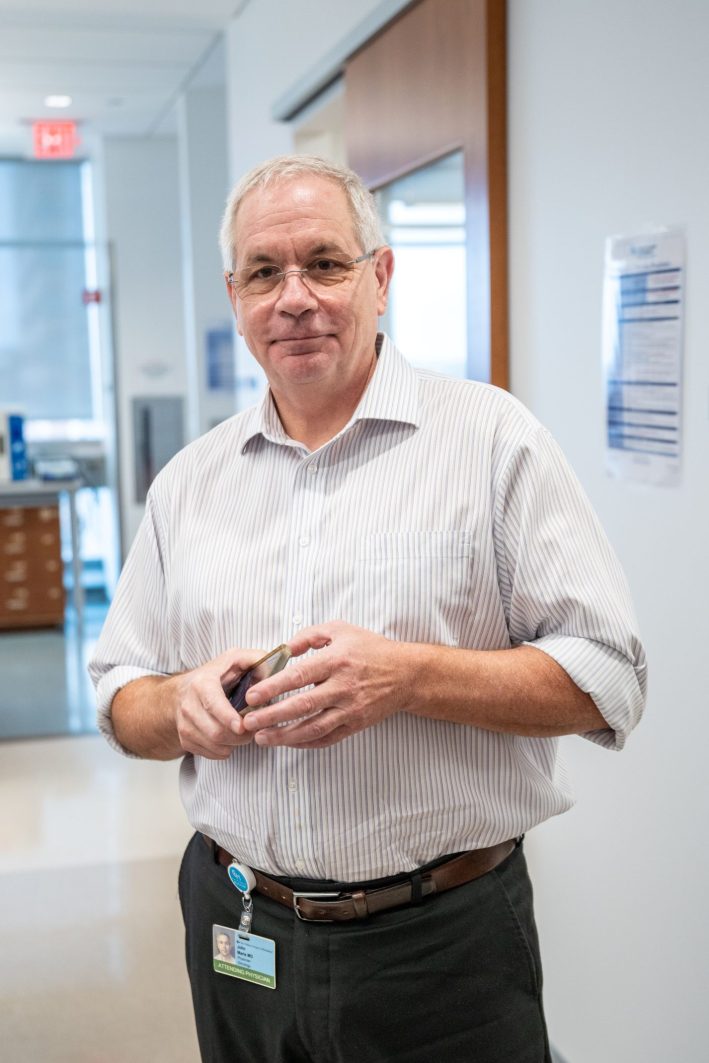
New CAR T Therapies Offer Hope for Children with Currently Incurable Cancers
Immunotherapies, like CAR T therapies, have been game-changers for leukemia, but mostly do not work for solid tumors. Kids with high-risk relapsed neuroblastoma, a nerve tissue cancer, face less than a 5% survival rate, and until now, had almost no options. With support from the SHOOK Research community, renowned pediatric oncologist Dr. John M. Maris at Children's Hospital of Philadelphia is testing two new CAR T therapies that are hoped to be safe and highly effective for children, adolescents, and young adults with neuroblastoma and other cancers.
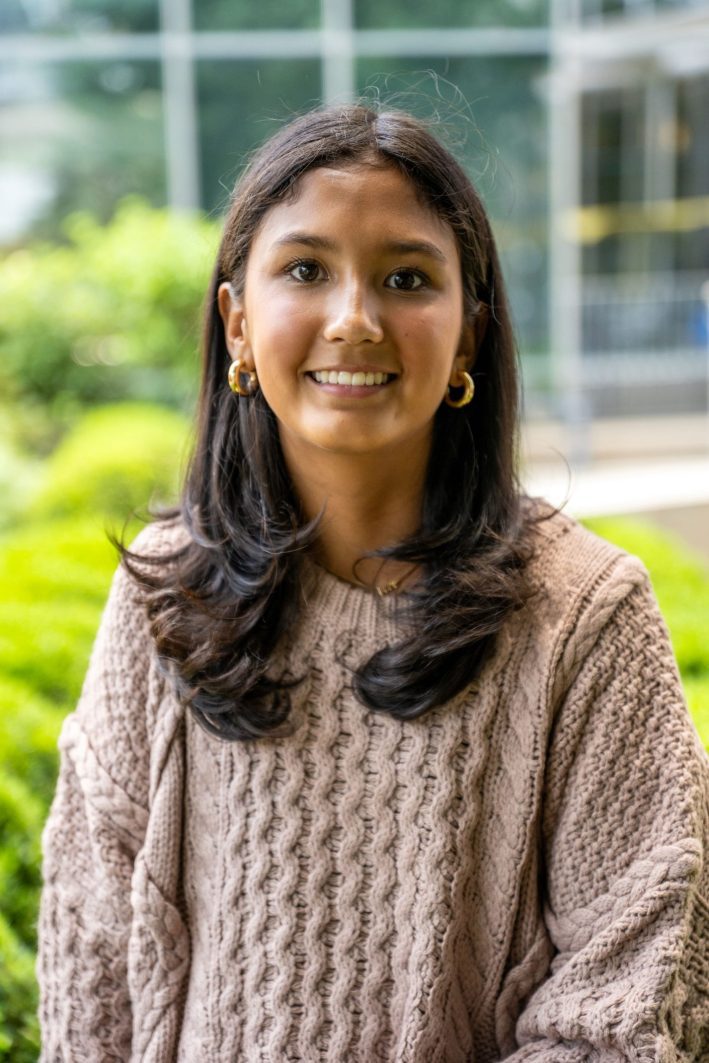
Problem-Solving the Solid Tumor Challenge
The challenge treating solid tumors is that the key target proteins are typically inside the cell rather than on the surface of the cell. Dr. Maris' team devised a method to target protein fragments, or peptides, that are present on the surface of tumor cells. They identified which peptides exclusively appear only on neuroblastoma cells and designed new treatments to specifically target those fragments without harming other cells.
Funded with SHOOK support, Dr. Maris is running two clinical trials – one targeting a protein on the surface of cancer cells (GPC2), and the other targeting a protein fragment derived from a critical "driver" (PHOX2B, a protein that is essential for tumor formation and progression) of neuroblastoma. The first trial shows very encouraging results in safety and effectiveness and the second trial will launch this summer.
Unlike most trials, these two are starting with children first, rather than waiting for the new treatments to be tested on adults. Dr. Maris is hopeful this work will lead to a new suite of therapies for targeting various solid tumors – offering a truly groundbreaking approach to treat some of the most difficult and deadly cancers.
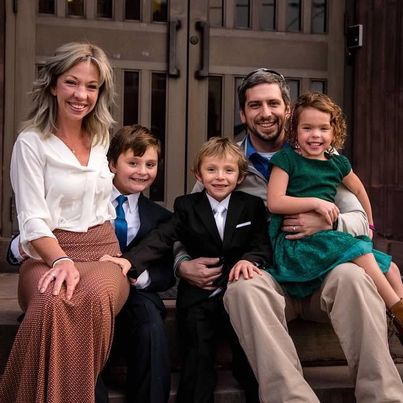
Multi-Center Wilm's Tumor Trial Already Showing Promise
The SHOOK Research community recently helped expand a multi-center clinical trial focused on very high-risk (VHR) relapsed Wilms' tumor. Also known as nephroblastoma, this rare and aggressive kidney cancer primarily affects young children and offers extremely limited treatment options. For those diagnosed with VHR relapsed Wilms' tumor, the chances of survival are tragically low, just 10-20%.
Early results of the trial have shown promising activity in this hard-to-treat tumor. Several other childhood solid tumors are being preliminarily studied and have shown this drug prevented tumors from growing – an encouraging outcome given their poor response to prior treatments.
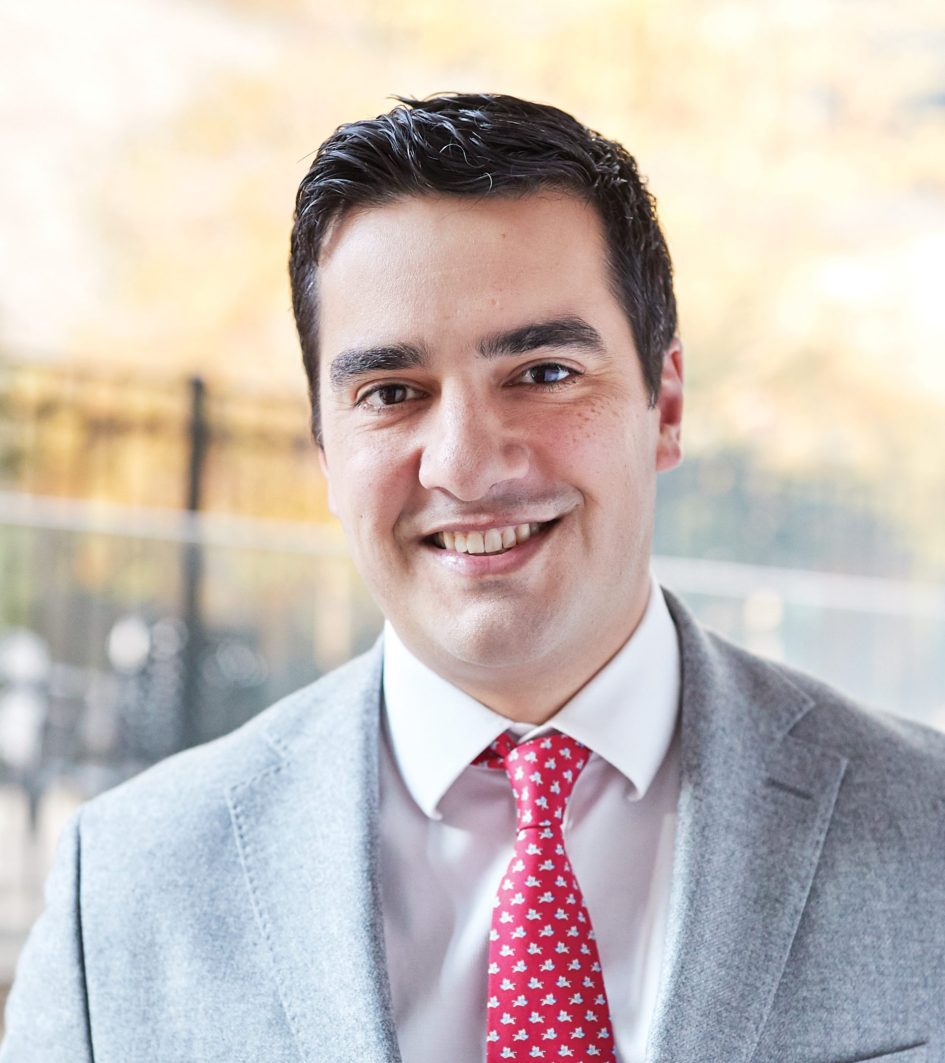
Going National
Thanks to funding from SHOOK donors, pediatric oncologist Dr. Michael V. Ortiz at Memorial Sloan Kettering in New York City is able to advance this Phase 2 outside of NYC and aims to enroll 21 VHR Wilms' tumor patients. SHOOK's impact expanded this work to 8 new sites – Atlanta, Boston, Chicago, Cincinnati, Los Angeles, Palo Alto, St. Louis and Washington, DC – allowing children from all over the country to access this promising new therapy.
The SHOOK Impact:Providing life-saving treatments for kids with cancer
The generosity of SHOOK donors through the Forbes|SHOOK Top Advisor Summit has funded multiple major clinical trials, significantly advancing childhood cancer research and paving the way for new, personalized treatments for many children with rare cancers.

Promising Treatment for Rare Pediatric Brain Cancers
Diffuse intrinsic pontine glioma (DIPG) and diffuse midline glioma (DMG) are aggressive childhood brain tumors with extremely limited treatment options. Most children diagnosed survive only 9–13 months. With SHOOK funding, a new clinical trial at Children's Minnesota, led by pediatric neuro-oncologist Dr. Christopher Moertel and associate professor of pediatric hematology-oncology Dr. Michael Olin, is changing that.

Innovative Immunotherapy Approach
Dr. Olin discovered that brain tumors produce a protein shield that blocks the immune system from attacking them. He developed a molecule that breaks down this barrier, enabling the body's immune cells to recognize and fight the cancer.
This molecule is now part of a novel treatment combination being tested in a groundbreaking clinical trial.
Long-Term Investment, Big Impact
This innovative therapy is the result of nearly 20 years of research, catalyzed at a critical moment by funding from the SHOOK Research community. The long-standing partnership between CCRF and Drs. Moertel and Olin at the University of Minnesota has been essential in driving progress on rare pediatric brain cancers.
Treating a rare and deadly type of leukemia without chemotherapy
While most cases of leukemia in children and teens are acute lymphoblastic leukemia (ALL) – a cancer with a 90% survival rate – about 20% are AML, a cancer that affects the myeloid cells in the bone marrow and blood. Survival rates for AML are significantly lower, about 65%, and some patients with particularly high-risk type of AML face survival rates less than 20%. Relapsed AML is even harder to treat.
A particular type of AML called CBF-GLIS AML, which occurs in infants and very young children under 5 years old, is a particularly devastating type of AML with only a 10-15% chance of survival with conventional chemotherapy.
Fueled by SHOOK funding, physician and scientist Dr. Soheil Meshinchi at Fred Hutchinson Cancer Center in Seattle, Wash., launched a Phase 1 immunotherapy (CAR T) trial for CBF-GLIS AML, this rare and deadly type of AML that affects nearly 20 kids per year, and has no known cure.


One-and-Done Approach
Most research-to-trial timelines take 10–15 years; this project gained significant momentum in just a few years thanks to the incredible generosity of the SHOOK Research community.
In this trial, the patient's own T-cells are engineered to attack FOLR1, a protein found on the surface of CBF-GLIS AML, without harming the body's healthy cells. If proven safe and effective, this would allow for a one-and-done treatment approach. Because so little data was available on relapsed AML, Dr. Meshinchi sequenced more than 3,000 patients and constructed the largest genetic database of AML profiles of children and adults. Now, not only is the trial underway, but we have more information than ever before about how to fight this devastating disease.
The first patient, a 3-year-old, to be treated with this new AML CAR T therapy received the infusion in late March 2025. Dr. Meshinchi reports high CAR T activity – CAR T cells expanded to over 80% of the patient's body and leukemic cells were cleared from the blood by day 14. All detectable leukemic cells in the bone marrow were eradicated by day 28 and the patient continues to be doing well. Additional patients are being evaluated for trial enrollment.
New CAR T Therapies Offer Hope for Children with Currently Incurable Cancers
Immunotherapies, like CAR T therapies, have been game-changers for leukemia, but mostly do not work for solid tumors. Kids with high-risk relapsed neuroblastoma, a nerve tissue cancer, face less than a 5% survival rate, and until now, had almost no options. With support from the SHOOK Research community, renowned pediatric oncologist Dr. John M. Maris at Children's Hospital of Philadelphia is testing two new CAR T therapies that are hoped to be safe and highly effective for children, adolescents, and young adults with neuroblastoma and other cancers.

Problem-Solving the Solid Tumor Challenge
The challenge treating solid tumors is that the key target proteins are typically inside the cell rather than on the surface of the cell. Dr. Maris' team devised a method to target protein fragments, or peptides, that are present on the surface of tumor cells. They identified which peptides exclusively appear only on neuroblastoma cells and designed new treatments to specifically target those fragments without harming other cells.
Funded with SHOOK support, Dr. Maris is running two clinical trials – one targeting a protein on the surface of cancer cells (GPC2), and the other targeting a protein fragment derived from a critical "driver" (PHOX2B, a protein that is essential for tumor formation and progression) of neuroblastoma. The first trial shows very encouraging results in safety and effectiveness and the second trial will launch this summer.
Unlike most trials, these two are starting with children first, rather than waiting for the new treatments to be tested on adults. Dr. Maris is hopeful this work will lead to a new suite of therapies for targeting various solid tumors – offering a truly groundbreaking approach to treat some of the most difficult and deadly cancers.

Multi-Center Wilm's Tumor Trial Already Showing Promise
The SHOOK Research community recently helped expand a multi-center clinical trial focused on very high-risk (VHR) relapsed Wilms' tumor. Also known as nephroblastoma, this rare and aggressive kidney cancer primarily affects young children and offers extremely limited treatment options. For those diagnosed with VHR relapsed Wilms' tumor, the chances of survival are tragically low, just 10-20%.
Early results of the trial have shown promising activity in this hard-to-treat tumor. Several other childhood solid tumors are being preliminarily studied and have shown this drug prevented tumors from growing – an encouraging outcome given their poor response to prior treatments.

Going National
Thanks to funding from SHOOK donors, pediatric oncologist Dr. Michael V. Ortiz at Memorial Sloan Kettering in New York City is able to advance this Phase 2 outside of NYC and aims to enroll 21 VHR Wilms' tumor patients. SHOOK's impact expanded this work to 8 new sites – Atlanta, Boston, Chicago, Cincinnati, Los Angeles, Palo Alto, St. Louis and Washington, DC – allowing children from all over the country to access this promising new therapy.

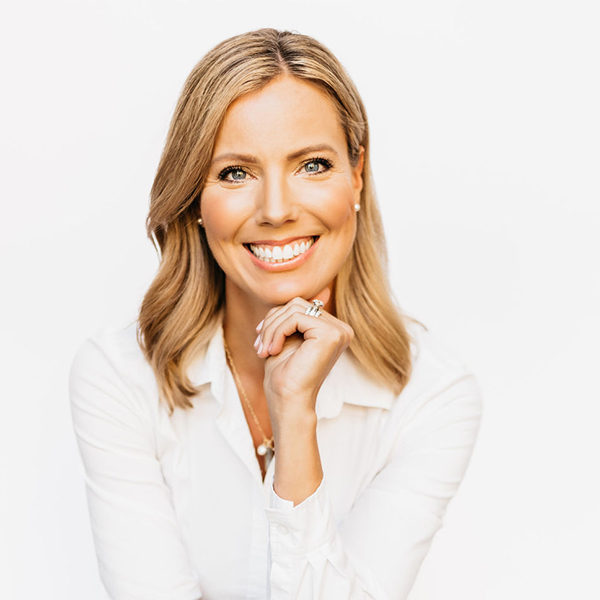
To make a donation over the phone please contact:
Kenna Dooley - Chief Development Officer
952-224-8486
1650 W 82nd St., Suite 400
Minneapolis, MN 55431
